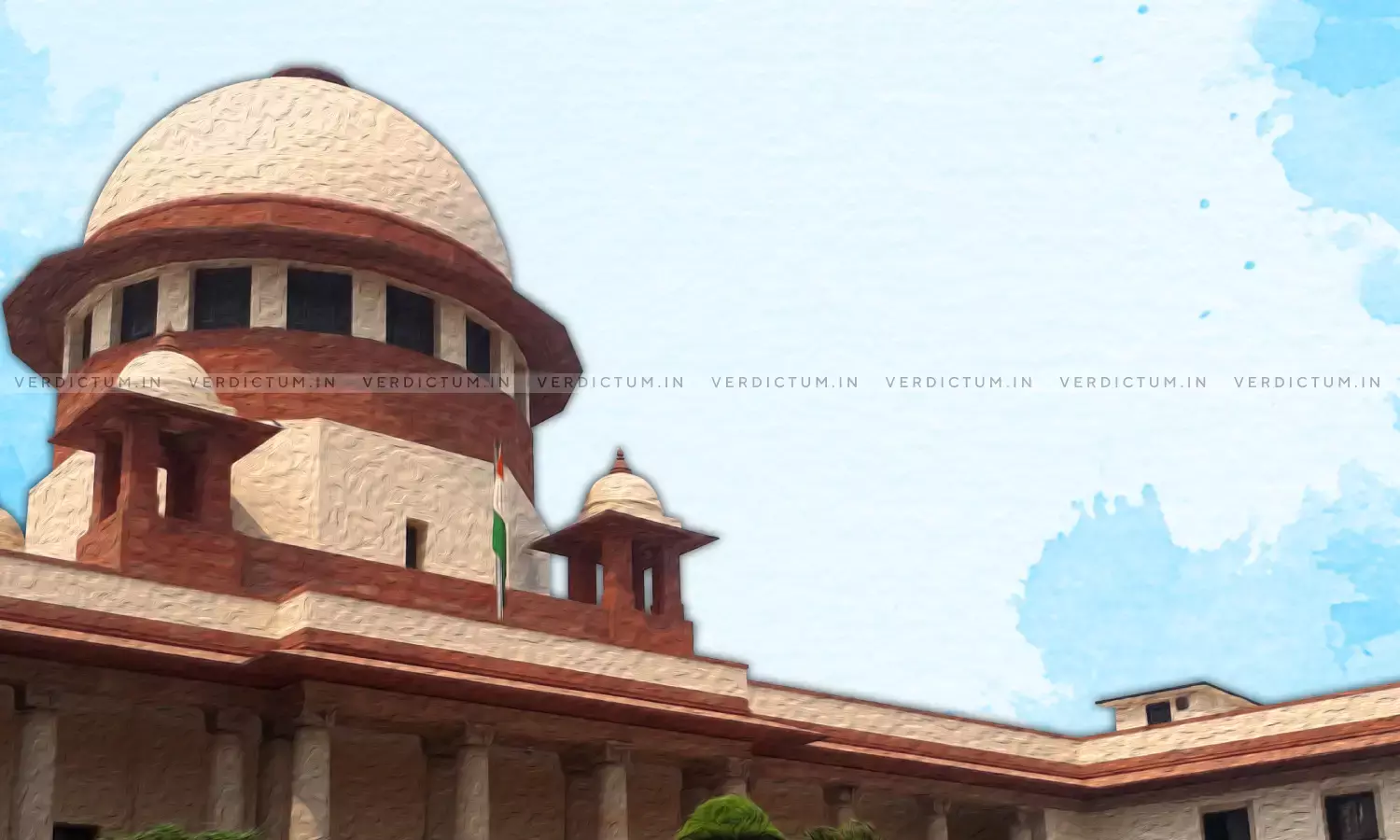Advocate Moves Supreme Court Seeking Inclusion Of Political Parties Under Sexual Harassment Law, Seeks Mandatory ICCs Across All Party Units
The petition seeks legal recognition of political parties as “employers” under the POSH Act and says their exclusion creates a gap that violates women’s fundamental rights and enables a culture of silence.

Advocate Yogamaya M.G. has approached the Supreme Court under Article 32 of the Constitution seeking directions to ensure the applicability of the Sexual Harassment of Women at Workplace (Prevention, Prohibition and Redressal) Act, 2013 (POSH Act) to all recognised political parties. The petition urges the Court to mandate the constitution of Internal Complaints Committees (ICCs) in every political party office and unit, to safeguard the rights of women functionaries, volunteers, and staff.
The petition contends that the continued exclusion of political parties from the statutory mandate of the POSH Act has resulted in a systemic vacuum for addressing complaints of sexual harassment faced by women within political organisations.
The petition states, “Political parties remain outside the statutory framework of the PoSH Act, leaving a large section of women—functionaries, workers, volunteers, interns, and office staff—without any institutional redressal mechanism for sexual harassment complaints. The exclusion of these women from protection under the law violates their constitutional rights under Articles 14, 15, and 21 and undermines the purpose of the PoSH Act.”
The petition states that the present writ petition was preceded by another writ, which was disposed of by the Supreme Court with liberty to the Petitioner to approach the Election Commission of India. A formal representation dated March 17, 2025, was made, but no response has been received so far. The petition records, “The Petitioner had earlier filed W.P. (C) No. 816 of 2024 before this Hon’ble Court seeking directions to include political parties within the ambit of the PoSH Act and to mandate the constitution of Internal Complaints Committees (ICCs) within political parties. This Hon’ble Court vide order dated 09.12.2024 directed the Petitioner to make a representation to the Election Commission of India. The Petitioner duly submitted a representation dated 17.03.2025 to the Election Commission. However, till date, no response or action has been initiated by the Respondents, necessitating the present writ petition.”
The petition questions the Kerala High Court’s decision in Centre for Constitutional Rights Research and Advocacy v. State of Kerala (2022), which declined to extend POSH obligations to political parties in the absence of an employer-employee relationship. The petition contends, “The Hon’ble High Court in its judgment dated 17.03.2022 held that political parties are not required to establish ICCs under the PoSH Act in the absence of a formal employer-employee relationship. This narrow reading of the statute creates a concerning gap in the protection of individuals, particularly women, from sexual harassment within these organizations. By not mandating ICCs for political parties, the judgment inadvertently shields perpetrators and undermines the spirit of gender equality and justice.”
The petition further asserts that a purposive interpretation of the statute is required to give effect to its aims, particularly in contexts where formal employment is absent but organised working relationships and power hierarchies exist. It states, “Given the evolving nature of workplaces and the diverse ways in which individuals contribute to political parties, a purposive interpretation of the PoSH Act is warranted.”
The petition notes that political parties are not private bodies but public institutions that play a central role in governance, policy, and democratic participation. It adds, “Political parties are not merely private associations; they play a public role in shaping governance and public policy. They are recognised entities under the Constitution and the Representation of the People Act, 1951. They also receive public funding in the form of tax exemptions, subsidies, and access to government-provided infrastructure. Therefore, they must be held to constitutional standards and be required to ensure a safe and secure workplace for all individuals associated with them.”
Invoking India’s commitments under international law, the petition refers to CEDAW, the ICCPR, and guidance by the United Nations and the Inter-Parliamentary Union urging proactive measures to address sexual harassment in political spaces.
The petition also stresses that the continued absence of ICCs within party structures perpetuates impunity and silences complainants, stating, “The absence of ICCs in political parties creates a culture of silence and fear, where women are discouraged from coming forward with complaints. This perpetuates inequality and violates the principles of dignity and equality enshrined in the Constitution.”
The petition seeks the following reliefs:
“(i) Issue a Writ of Mandamus or any other appropriate writ, order or direction, declaring that political parties are bound to follow the procedure for protection of women in the workplace under the Sexual Harassment of Women at Workplace (Prevention, Prohibition and Redressal) Act, 2013.
(ii) Issue a Writ of Mandamus or any other appropriate writ, order or direction to constitute a grievance redressal mechanism against sexual harassment as per the directions of this Hon’ble Court in Vishaka v. State of Rajasthan [(1997) 6 SCC 241] and in accordance with the PoSH Act, 2013.
(iii) Issue a writ, order or direction to the Union of India and the Election Commission of India to classify political parties as “employers” under Section 2(g) read with Section 2(f) of the PoSH Act, 2013, thereby mandating the constitution of Internal Complaints Committees (ICCs) within political parties to ensure a safe and secure workplace for women functionaries, employees, staff, and volunteers.”
Cause Title: Yogamaya M.G. v. Union of India & Ors. (Diary No. 39052/2025)


